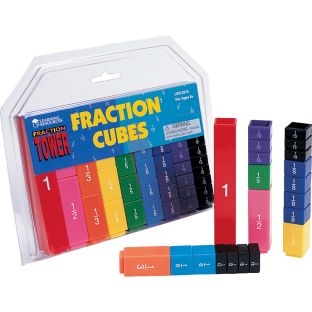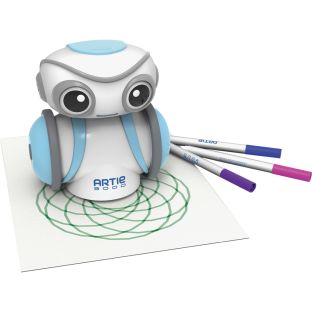Learning Resources® School Supplies
Search Learning Resources® School Supplies by Category
Popular Learning Resources® Products at Really Good Stuff
Inspire learning and engagement with these most popular Learning Resources® products for education. Our Learning Resources® items are class-ready and student-appropriate for teachers supporting learning with great materials in the 2026 academic year.
Our most-popular Learning Resources® options are made for PreK to 8th classrooms. Find and explore Learning Resources® products to enhance classrooms with the right Learning Resources® supplies.
Learning Resources® Products
Top Rated Learning Resources® Products in the 2026 School Year
Get top-rated Learning Resources® products from Really Good Stuff where teachers have given our 3 Learning Resources® options an average rating of 4.7 stars. These dependable Learning Resources® materials suit teaching purposes and academic expectations.
Choose Learning Resources® items loved by teachers for students aged 2 to 11-years-old. With premium Learning Resources® supplies, PreK to 8th grade teaching and learning experiences will benefit.
Learn More About Learning Resources® Classroom Supplies
Equip your classroom with Really Good Stuff’s Learning Resources® supplies. Our catalog of 21 high-quality Learning Resources® items start at $18.99 and fit most classrooms. Our premium Learning Resources® products meet the needs of teachers looking to enhance learning.
Really Good Stuff’s Learning Resources® products work for ages 2 to 11 and PreK to 8th classrooms. Teachers can choose the best Learning Resources® supplies for the classroom with 3 products rated 4.73 stars on average.
Make Really Good Stuff your top choice when seeking Learning Resources® options for your school and classroom.
At ReallyGoodStuff.com, we pride ourselves on offering a wide selection of quality Learning Resources® school products designed to enhance any classroom. Our carefully curated collection includes everything from engaging math manipulatives and interactive science kits to vibrant literacy aids, ensuring that students of all ages stay excited about learning. Whether you’re an educator seeking effective tools to bolster your curriculum or a parent aiming to support your child’s academic journey, you will find dependable and innovative products that meet your specific needs.
Choosing Learning Resources® products from ReallyGoodStuff.com means investing in trusted educational tools known for their durability and educational value. Our user-friendly website makes it easy to navigate through various categories, so you can quickly find just what you’re looking for. Plus, with our commitment to excellent customer service, you can shop with confidence knowing that we’re here to support you every step of the way.
FAQs for Learning Resources® School Supplies
Which Learning Resources® products have the highest ratings from teachers?
- Giant Magnetic Shapes – 47 Pieces (5 stars) – $31.99
- ABC Cookies Game – 89 pieces (4.7 stars) – $26.24
- Minute Math Electronic Flash Card™ – 1 Game (4.5 stars) – $28.99
What Learning Resources® classroom products are teachers buying most?
- Minute Math Electronic Flash Card™ – 1 Game (4.5 stars) – $28.99
- Fraction Tower® Fraction Cubes – 51 Pieces – $29.99
- Giant Magnetic Shapes – 47 Pieces (5 stars) – $31.99
What are some of the most budget-friendly Learning Resources® classroom supplies I should look at?
- Platform Scale – $18.99




















